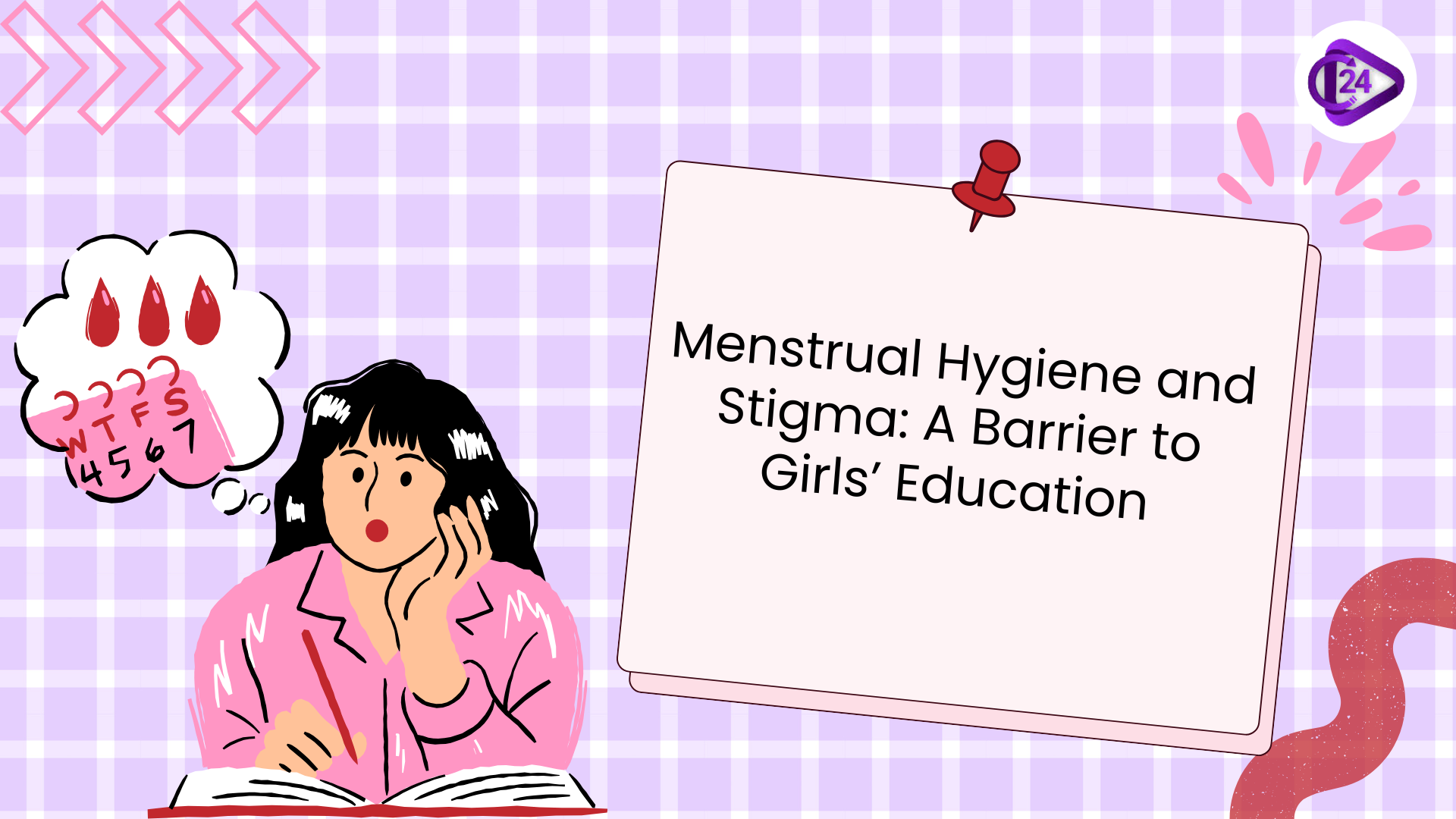
Managing menstruation and the negative feelings about it mostly impact schoolgirls all around India. Despite efforts to educate the public, large numbers of adolescent girls are regularly absent from school because of existing cultural taboos and weaknesses in sanitation systems. Considering menstruation to be difficult normalizes the exclusion of girls from many aspects of public and school life. Young girls need access to hygiene products, clean washrooms and an atmosphere where stigma does not exist to protect their health, rights and education.
Context:
-
One in four Indian girls stays home during menstruation for the same reasons.
-
A lack of good sanitation for women, inadequate availability of needed products and social disapproval prevent girls from receiving proper health care and education.
-
To address this concern as a human rights situation can improve a student’s school attendance and wellness.
Key Details:
Impact of Menstrual Problems in Girls Education
- Social Pressure and Culture Rules
-
People commonly think menstruation is impure which causes girls to be kept from cooking, praying and sleeping with the rest of their family.
-
Not talking about menstruation makes it hard for people to share knowledge and learn the right ways to manage it.
-
Older siblings sometimes try to arrange marriages for young girls, hurting both their education and health.
-
- Absence from the Classroom
-
A 2024 report stated that a quarter of Indian schoolgirls miss school because they are on their periods.
-
Many girls avoid talking about their period and because of that, family expectations often make them feel lonely when they are menstruating.
-
In cases where menstrual agency and help are missing, absenteeism increases and girls tend to be left behind in school.
-
- Successful access to clean and nutritious products
-
Many schools have no clean, private washrooms with doors, flowing water or anywhere to get rid of waste.
-
There are many rural areas in India where just 42% of girls their age can use clean menstrual products (BMC Public Health, 2022).
-
At times, social judgment can result in embarrassing replies to sanitary product requests, as happened with the senior official in Bihar.
-
- Issues and Lack of Information
-
Because women do not get proper health information and assistance, they often live with unmanaged menstrual pains and illnesses.
-
As a result of what mothers and elders repeat to us, people continue to stay silent and do not receive factual information.
-
There are menstrual awareness campaigns happening, but they are not always accepted in very conservative societies.
-
Current Scenario:
-
NFHS-5 reveals that more than a quarter of rural young women and less than one in ten urban young women use dirty methods to manage menstruation.
-
Hygienic menstrual products are being used in more than 90 percent of women in just 16 states and UTs.
-
The states Bihar (59%), Madhya Pradesh (61%) and Meghalaya (65%) report a low adoption of hygienic products.
Consequences of Poor Menstrual Hygiene:
-
Health:
-
May cause infections, lead to irritation, develop dermatitis, alter the pH and rise cervical cancer risk.
-
Causes stress, anxiety, low self-esteem due to stigma and shame.
-
-
Education:
-
Causes girls and transgender students to be absent more often, work less well and stop attending school.
-
Let participation in sports and after-school events become a challenge.
-
-
Marriage
-
Inadequate menstrual health is linked to early marriages, experiencing abusive situations, getting sick during childbirth and malnutrition.
-
-
Employment:
-
Led to situations where staff are held back from schools and their job, discomforted, treated unfairly and harassed at work.
-
Denies many people the right to decent employment and protection.
-
Barriers to Menstrual Hygiene:
-
Many girls do not have all the needed information to deal with their period hygiene and menstrual management well; about 44.5% girls make whatever they can to absorb menstrual flow.
-
Because menstruation is looked down upon, women feel ashamed and rarely talk about it; 61.4% girls agree there is a social feeling of embarrassment around menstruation.
-
Many women struggle to pay for pads and so use improper items like cloth or ash.
-
The lack of proper sanitation: Schools and many workplaces are missing clean toilets, clean water and trash bins.
-
Not Enough Support: Lack of specialists in menstrual health, mainly in remote communities.
-
Limiting Behaviors: Some societies keep women who menstruate separate from others, sometimes sending them to special huts.
-
There are no menstrual leave policies outside of Kerala and Bihar, as the country awaits national legislative action.
What Needs to be Done?
-
Inclusive Approach:
-
Ensure all menstrual needs are met for people with disabilities and transgender people.
-
-
Better the Quality of All Sanitary Products:
-
Make certain that people can afford high-quality items.
-
-
Promote Alternatives:
-
Let girls and women know that menstrual cups are better for the environment.
-
Operations often depend on Telemedicine and Teleconsultation.
-
Make it possible for people in rural areas to reach menstrual health experts from a distance.
-
-
Educating people by community members.
-
Motivate a group of women and girls to educate others about proper menstrual hygiene.
-
-
Strong Ways of Handling Wastes.
-
Make improvements in both smart toilets and waste disposal systems supported by Internet of Things technology.
-
-
Awareness can be created using technology.
-
Explore menstrual health information with the help of AR/VR tools on your phone.
-
-
Policy Measures:
-
Cuts in taxes for sanitary products will help.
-
Plan rules for period goods and create female-friendly facilities in your community.
-
Make the ‘Right of Women to Menstrual Leave and Free Access to Menstrual Health Products Bill’ apply in all parts of India.
-
Conclusion:
There is a big link between problems with menstrual hygiene and period stigma in India and gender equality issues in both education and health. We must find ways to strengthen schools, provide more sanitary products at an affordable level and consider menstrual hygiene a public and human rights issue. Giving girls information and addressing taboos inside communities is vital for their education and health. We need government and local communities to act together to ensure a place where girls can attend school reassured and without fear of judgment.
UPSC Prelims Question on Practice (MCQ)
Q.1 Among the given statements which correctly identify a menstrual hygiene issue in India?
- NFHS-5 found that more than 90% of women in all Indian states use hygienic products for menstruation.
- Unhealthy menstrual care can increase the risk of cervical cancer, make young women anxious and cause them to miss or drop out of school.
- Women in Bihar, Madhya Pradesh and Meghalaya reported high usage of menstrual hygiene products.
Select the correct answer using the code below:
- A) 1 and 2 only
- B) 2 only
- C) 2 and 3 only
- D) 1, 2, and 3
UPSC Mains Question on Practice
GS Paper II / GS Paper I – Society
Q.1 “Dealing with menstruation and its unfair reputation is important for a person’s rights and justice.”
Examine the obstacles that adolescent girls in India must overcome in society, school and government due to menstrual taboos. Which initiatives may help make menstruation easier for all? (250 words)



 First-Ever Subsea Tunnel in Kerala: Reduce Travel Costs & Ease Traffic
First-Ever Subsea Tunnel in Kerala: Reduce Travel Costs & Ease Traffic India’s Demographic Dividend as a Time Bomb: A Call for Action
India’s Demographic Dividend as a Time Bomb: A Call for Action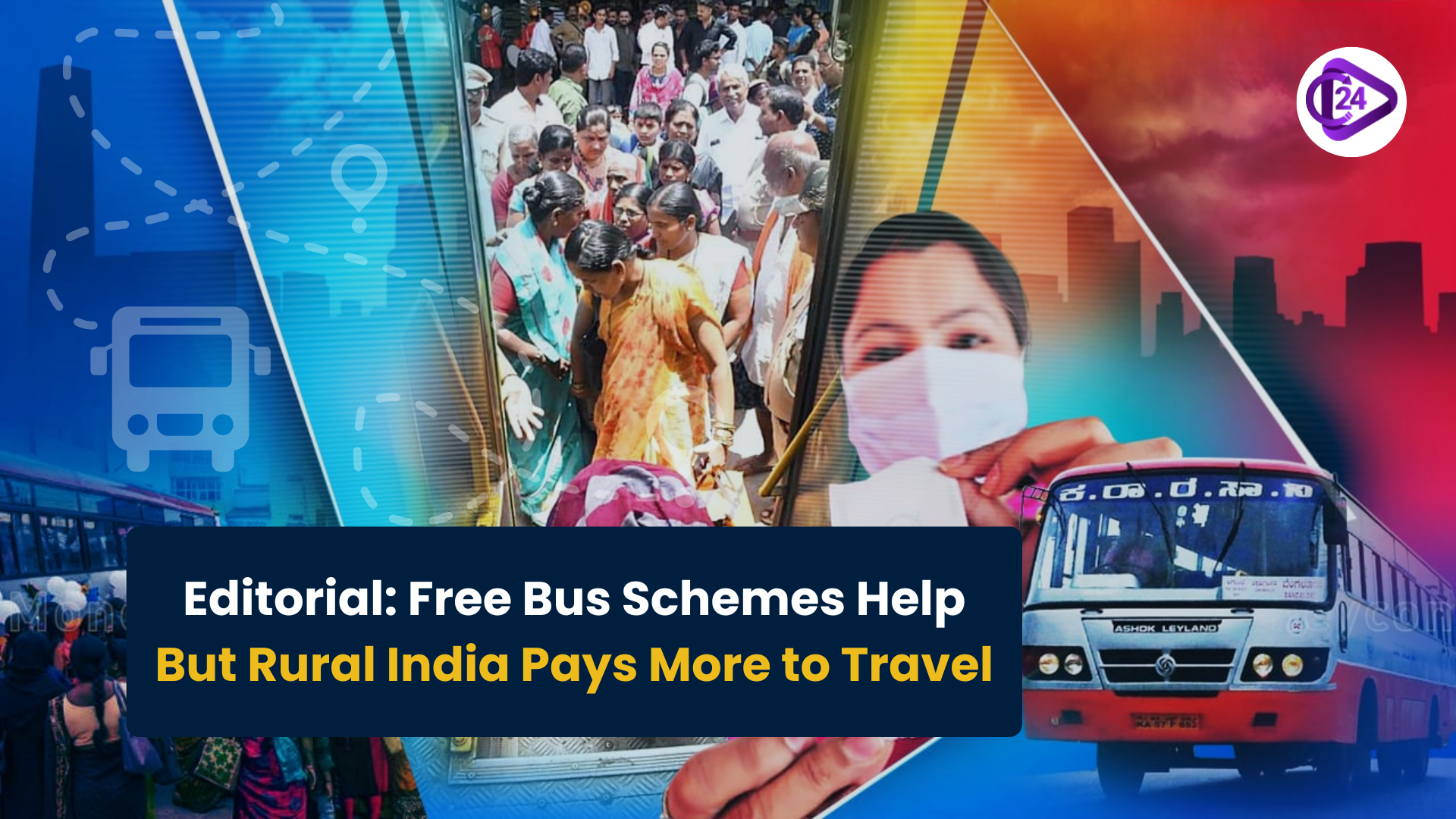 Free Bus Schemes Help, But Rural India Pays More to Travel
Free Bus Schemes Help, But Rural India Pays More to Travel Keeladi Controversy-Conflict of Archaeology, Politics and Tamil Heritage
Keeladi Controversy-Conflict of Archaeology, Politics and Tamil Heritage Uttarakhand: A Persistent Hotspot for Helicopter Accidents
Uttarakhand: A Persistent Hotspot for Helicopter Accidents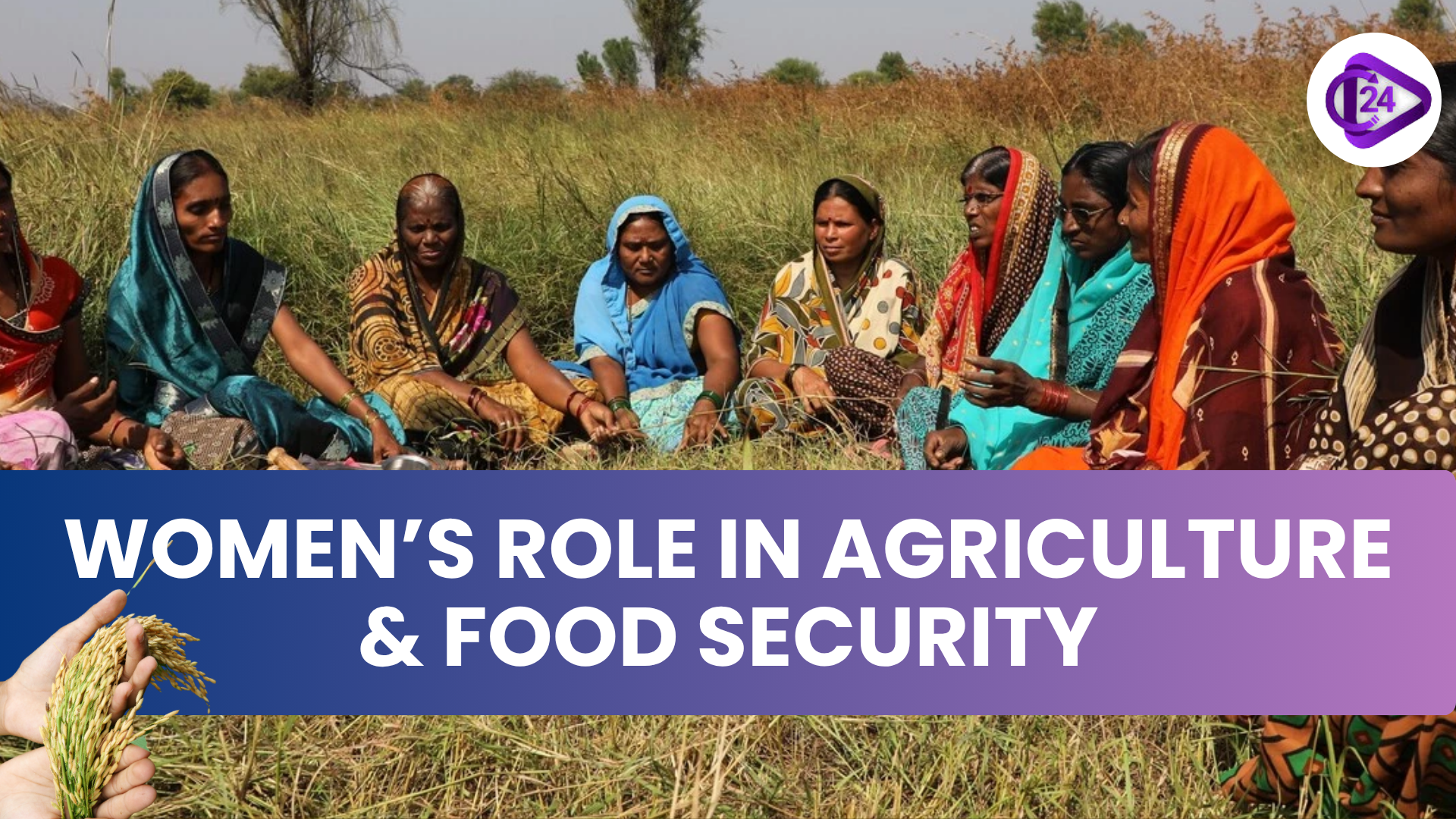 Empowering Women in Agriculture for Food Security
Empowering Women in Agriculture for Food Security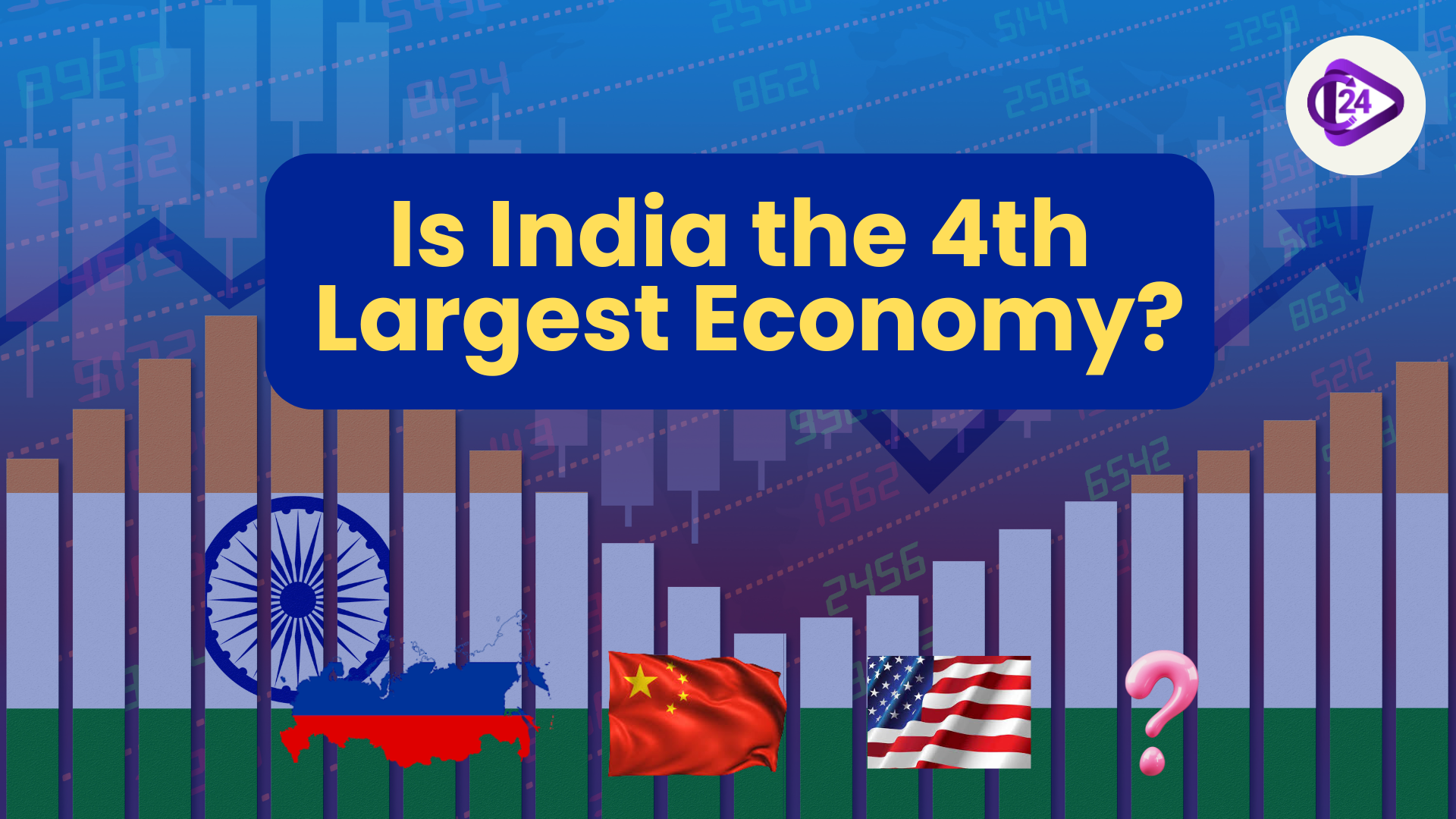 Is India the World’s Fourth Largest Economy?
Is India the World’s Fourth Largest Economy?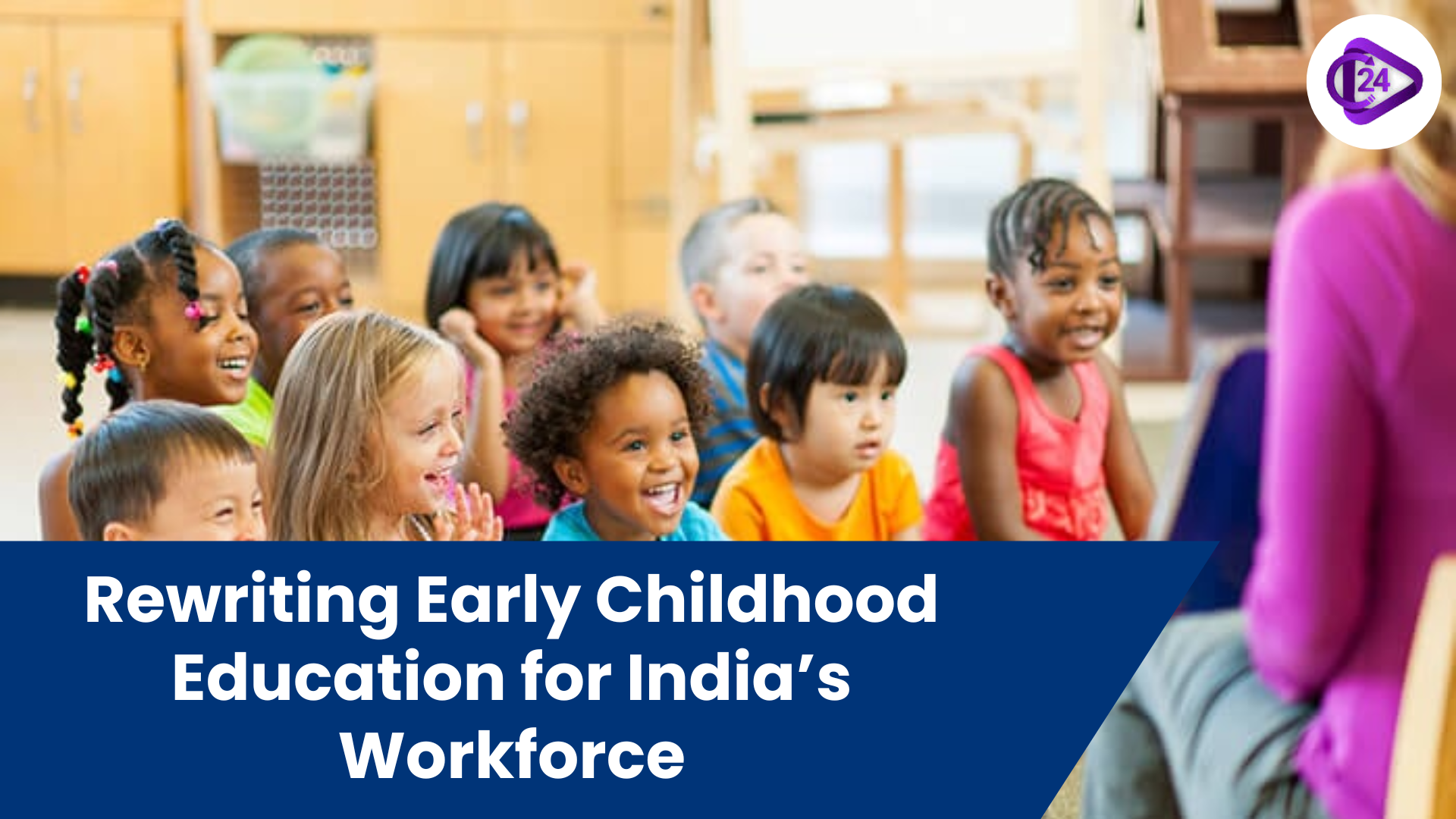 Rewriting the Script of Early Childhood Education: A Key to India’s Future Workforce
Rewriting the Script of Early Childhood Education: A Key to India’s Future Workforce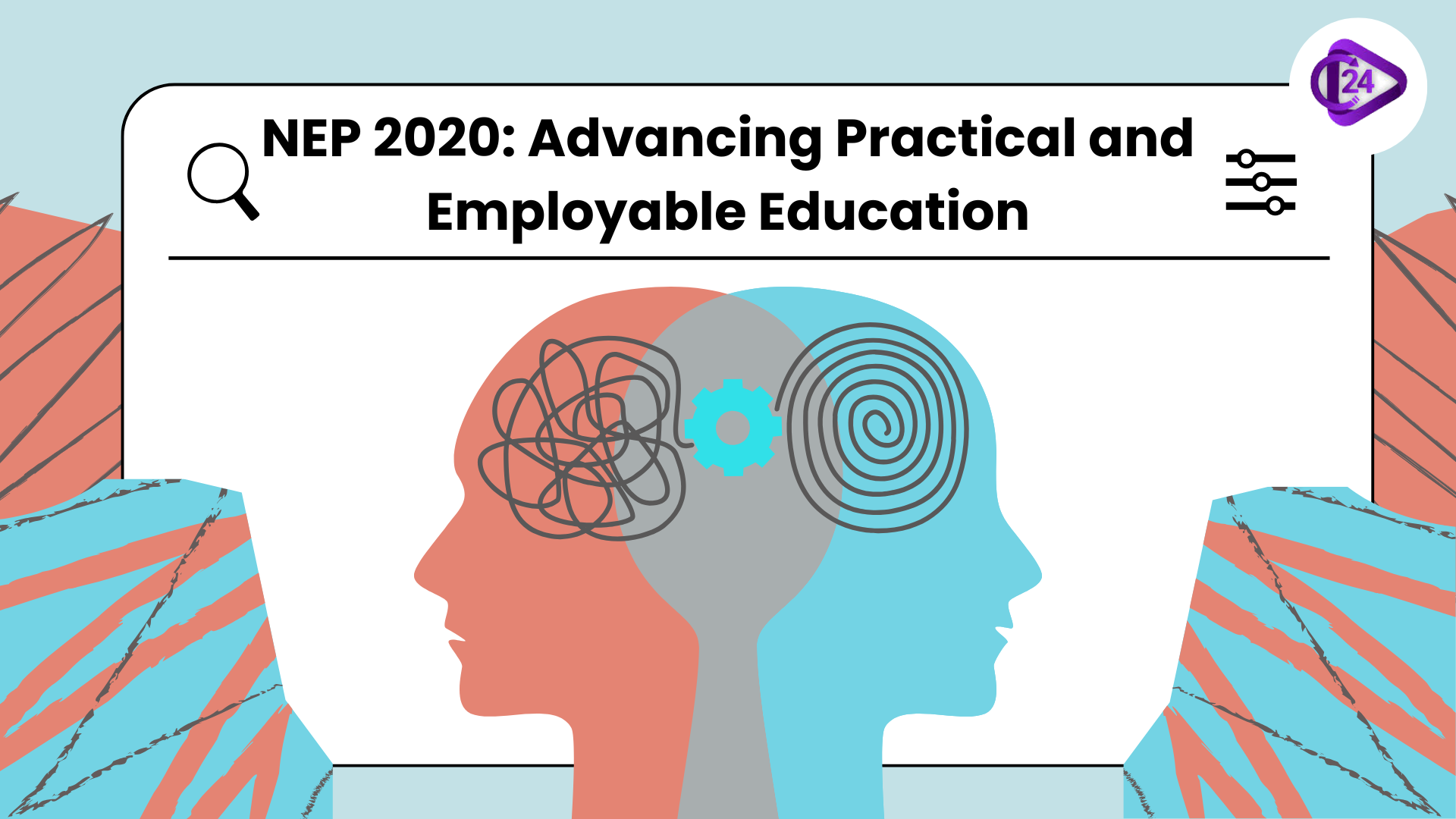 NEP 2020: Paving the Way for Practical, Pragmatic, and Innovative Education to Enhance Employability
NEP 2020: Paving the Way for Practical, Pragmatic, and Innovative Education to Enhance Employability






